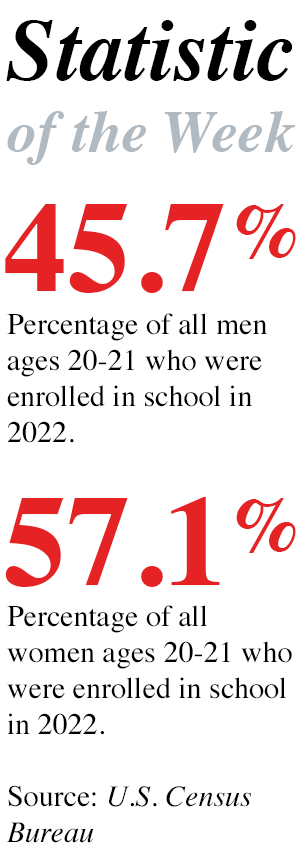Study Finds Women’s Reproductive Hormones Drop When Their Bodies Needs Energy for Other Tasks
Posted on May 23, 2013 | Comments 0
 Kathryn Clancy, an assistant professor of anthropology at the University of Illinois, is the lead author of a new study that shows that women’s reproductive ability may be related to the status of their immune system.
Kathryn Clancy, an assistant professor of anthropology at the University of Illinois, is the lead author of a new study that shows that women’s reproductive ability may be related to the status of their immune system.
The study involved a group of healthy women in rural Poland. Researchers took saliva and urine samples from the women to measure their hormone levels. Results indicated that during the harvest season when the women were required to work in the fields, their reproductive hormones dropped as their bodies diverted resources to maintenance.
Dr. Clancy states that the body’s first priority is maintenance, which includes tasks relating to survival and immune function. Any leftover energy can then be devoted to reproduction. There is a balance between resource allocation within the body and environmental stressors can lessen available resources. In such instances, reproductive hormonal activity declines.
Professor Clancy states, “From an anthropological perspective, these trade-offs are really important because they help us understand the timing of different life events: Why does someone hit puberty when they do, why do they begin reproducing when they do, why do they space babies the way they do? It’s really interesting to see the interplay between a person’s intentions about when and why to have children, and then their own body’s allocations to reproduction or not.”
Dr. Clancy is the co-director of the university’s Laboratory for Evolutionary Endocrinology. She is a graduate of Harvard University and holds a Ph.D. in anthropology from Yale University.
The study was published in the American Journal of Human Biology and may be accessed here.
Filed Under: Research/Study








